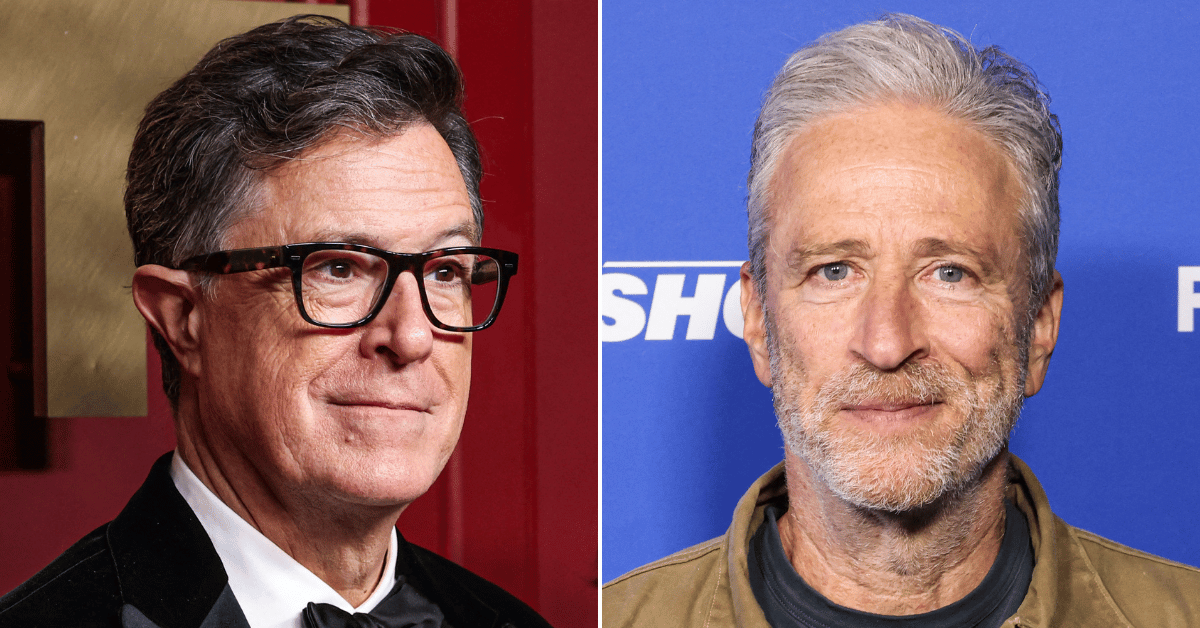Derek Chauvin Pleads For No Prison Time For George Floyd Murder Conviction, Says He Will Be A Target Of Other Inmates While Behind Bars
June 2 2021, Published 4:04 p.m. ET
Ex-police officer Derek Chauvin says he should not have to serve years in prison and believes probation will be sufficient for his sentence after being convicted of murdering George Floyd.
According to court documents obtained by RadarOnline.com, Chauvin’s legal team says their client should not be locked up and should get credit for time served.
Chauvin is set to be sentenced on June 25 where he will find out how long his prison sentence will be. He was found guilty by a jury of 12.
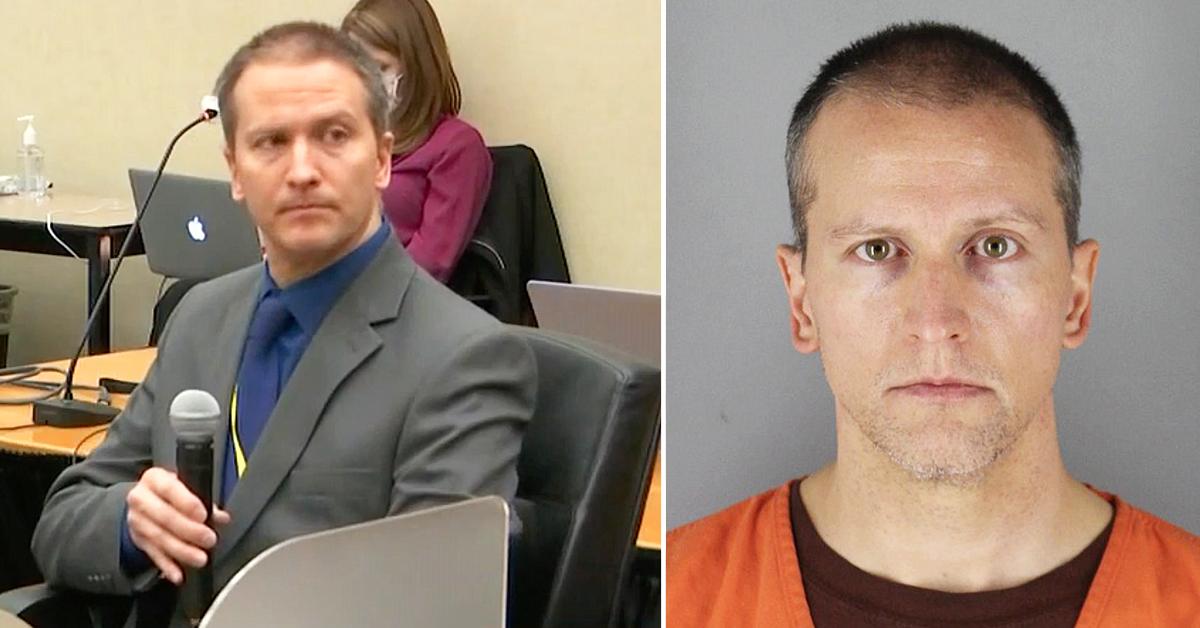
Per Minnesota law, Chauvin will only be sentenced to the most serious charge. He is facing 40 years in prison. However, due to his lack of a criminal history, he could only be sentenced to 12 ½ years.
Prosecutors are fighting this possibility and demanding the judge throw the book at Chauvin. They filed a request for an aggravated sentence.
In newly filed court documents, Chauvin’s legal team is asking the court to consider factors for a less serious sentence.
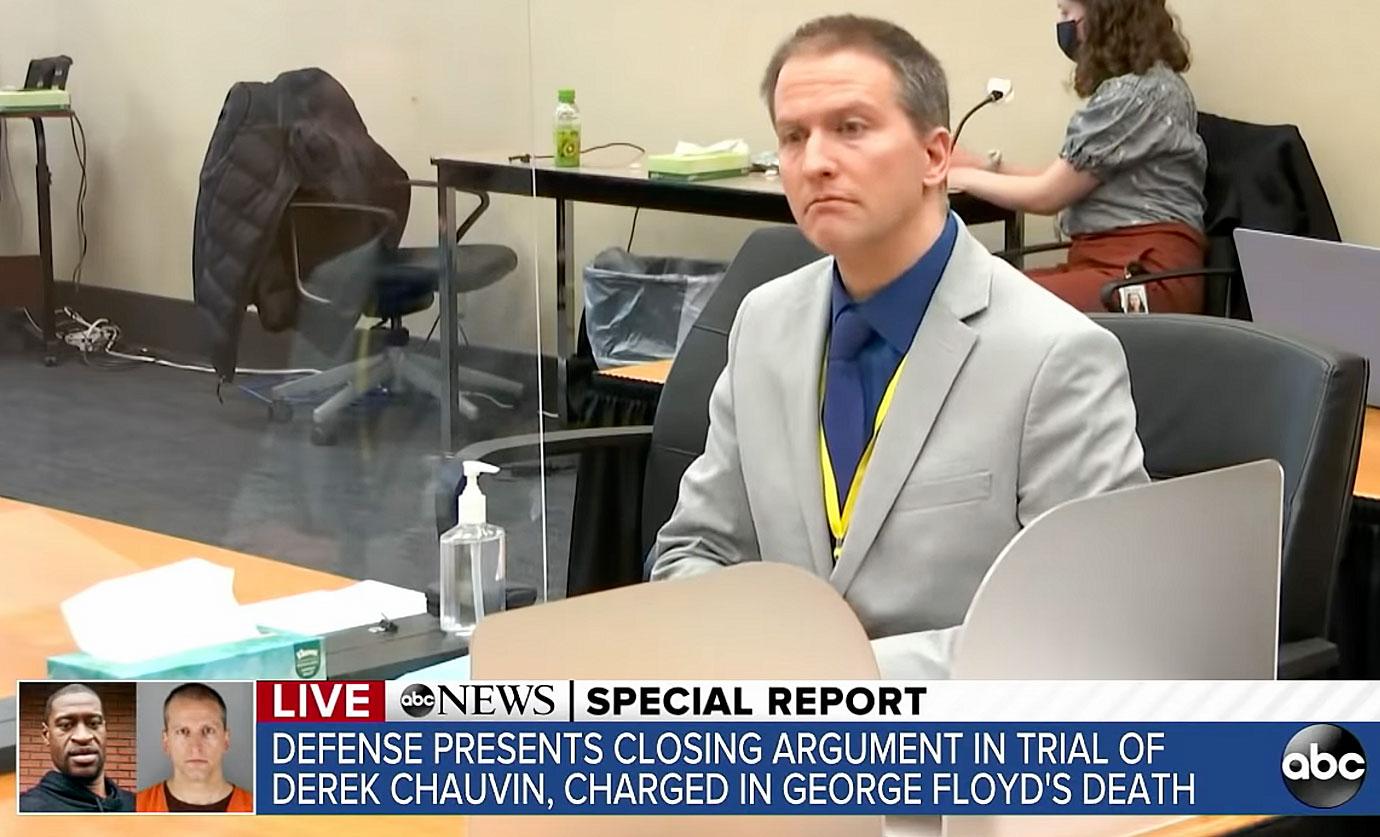
His lawyer says, “Mr. Chauvin asks the Court to look beyond its findings, to his background, his lack of criminal history, his amenability to probation, to the unusual facts of this case, and to his being a product of a “broken” system. He believes he deserves less than 10 years in prison.
Chauvin lays it on thick in his motion talking about his childhood and becoming a police officer. He says he worked at the Minneapolis Police Department for over 19 years. He says he is 45 years old. Chauvin believes his life expectancy should be considered during sentencing.
He says the life expectancy of police officers is “generally shorter” than others. His team reveals, “He has been preliminarily diagnosed with heart damage and may likely die at a younger age like many ex-law enforcement officers.
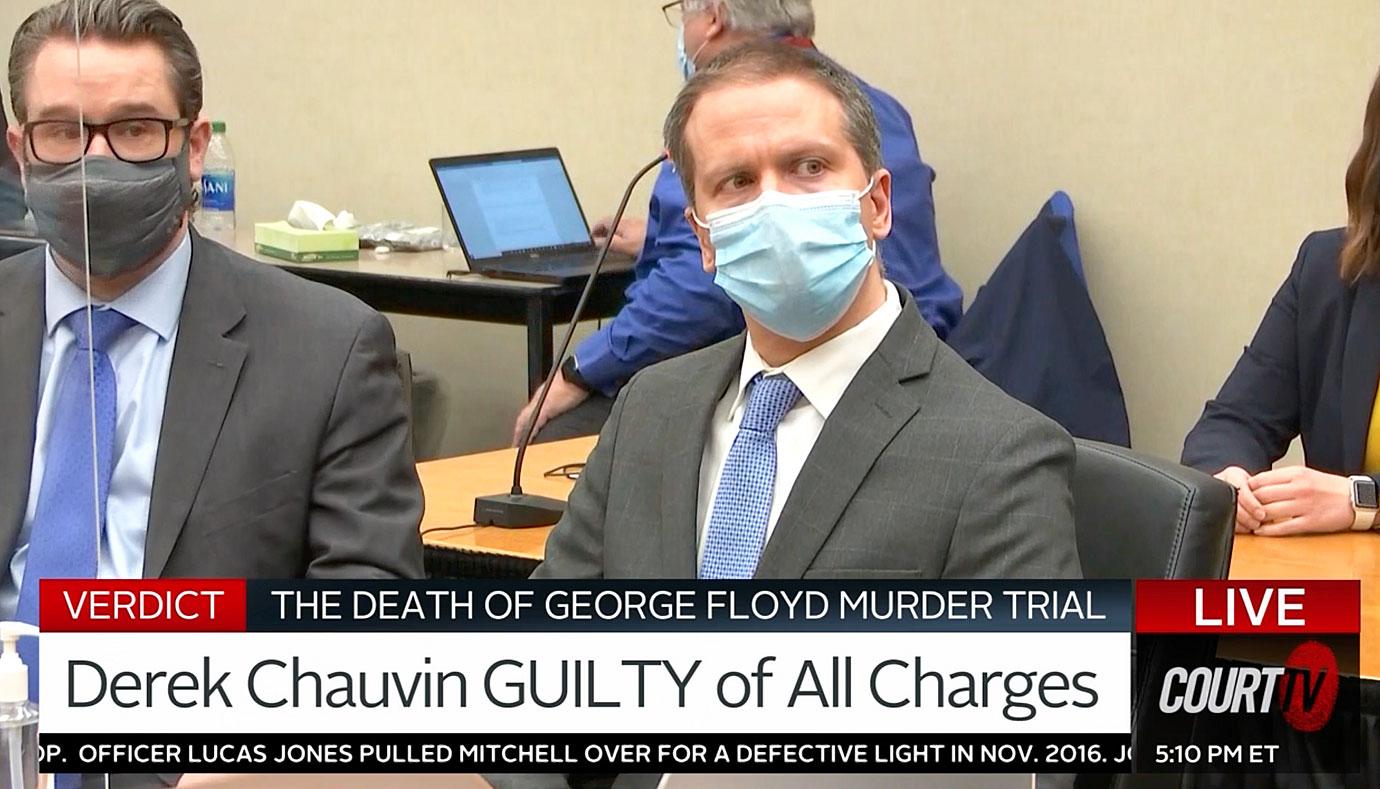
Chauvin also says he will be a target in prison. “Independent of the long-term damage a prison sentence would inflict upon Mr. Chauvin’s life prospects, given his age, convictions for officer-involved offenses significantly increase the likelihood of him becoming a target in prison,” the documents read.
He also points out he has no history with breaking the law and claims to have supported his community.
His lawyer writes, “Mr. Chauvin did not intend to cause George Floyd’s death. He believed he was doing his job.”
In their motion, prosecutors said the court should consider several factors during sentencing. One of them was Chauvin murdered Floyd while he was in a “vulnerable state.”

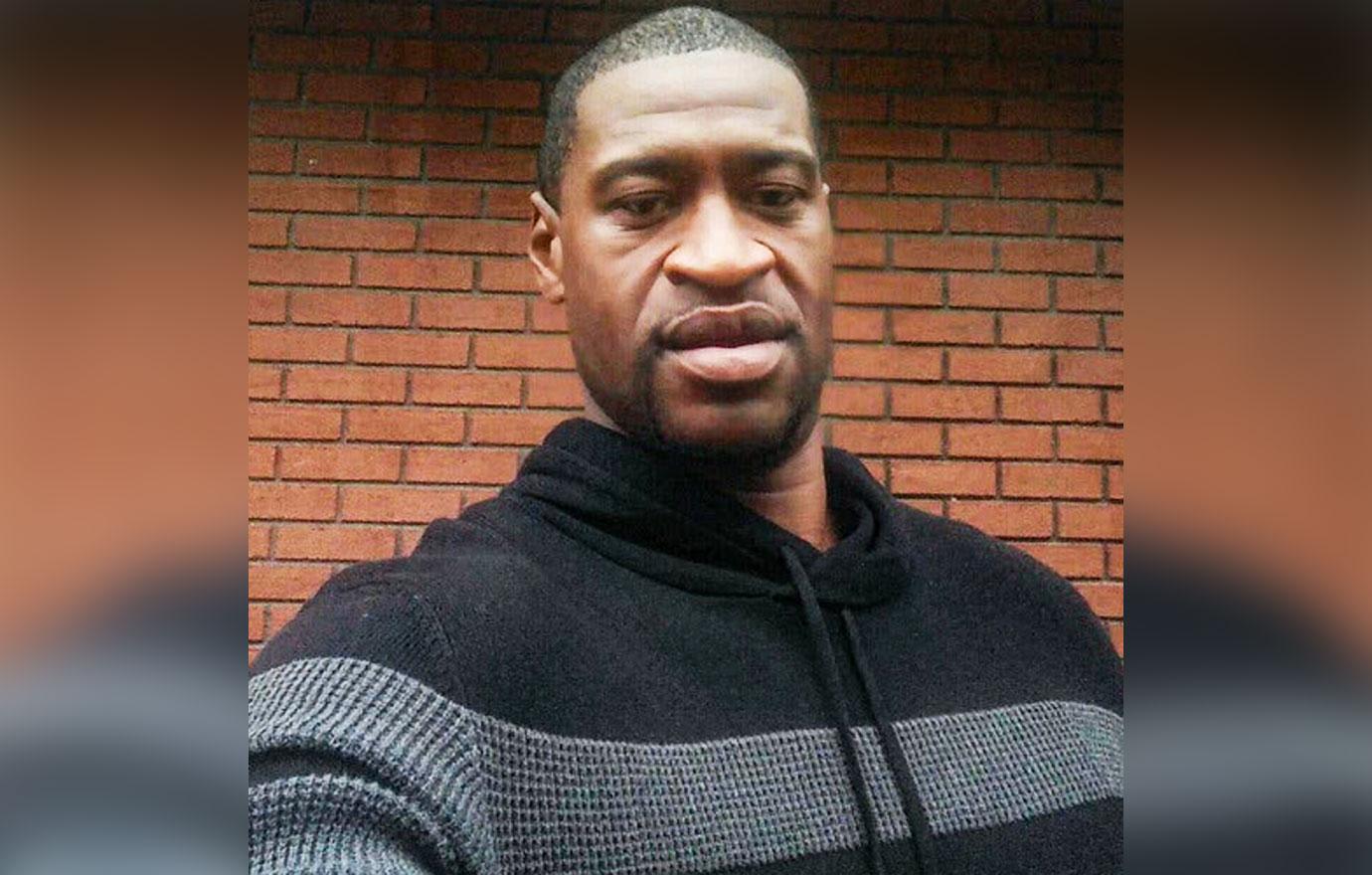
They argued, “Defendant continued to kneel on Mr. Floyd’s neck and upper back even after Mr. Floyd said he could not breathe 27 times, for almost four minutes after he became non-responsive, and for approximately three minutes after officers knew that he had no pulse.”
“Mr. Floyd also was intoxicated, and Defendant knew as much during the incident. Thus, the facts proven beyond a reasonable doubt demonstrate that Mr. Floyd was particularly vulnerable,” the state wrote. They accuse Chauvin of having “inflicted gratuitous pain” on Floyd.
A judge will make his decision on Chauvin's fate later this month.



